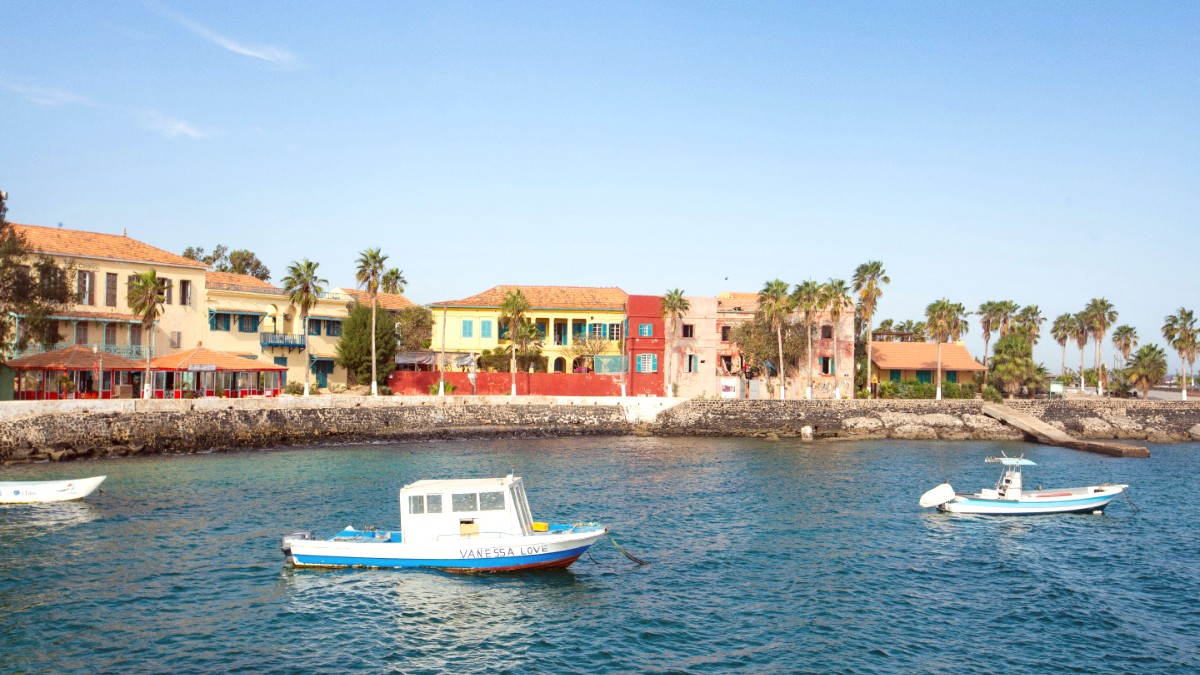
Senegal
Easy to purchase SIM cards at Blaise Diagne International Airport (DSS) upon arrival or at official stores of major providers in the city.
Wi-Fi is common in hotels, many restaurants, and cafes in Dakar, especially in tourist-friendly areas.
La Poste, the national postal service, operates throughout the country.
The official language is French. Wolof is the most widely spoken local language, used by almost everyone in Dakar.
Learning a few phrases in Wolof demonstrates respect and often opens doors to warmer interactions.
Generally Monday to Friday, from 8:00 AM to 5:00 PM, often with a long lunch break.
Typically operate Monday to Friday, from 8:00 AM to 4:00 PM. Some close earlier on Fridays.
General retail shops open Monday to Saturday, around 9:00 AM to 7:00 PM. Many close on Sundays.
Banking hours are standard business days. Automated Teller Machines are widely available.
Senegal observes both Christian and Muslim holidays, which are public holidays. Businesses, banks, and public services may close on these days.
Check a local calendar for specific public holiday dates during your travel period. This avoids arriving at closed businesses.
The concept of "Teranga" (hospitality) guides Senegalese culture.
Greetings are very important in Senegal. Always greet people upon entering a shop, restaurant, or starting a conversation.
Modesty is valued. Wear culturally appropriate clothing, especially outside of hotel areas.
Observe local dining customs to show respect.
Exercise caution and respect when taking photos in public places.
Your interactions reflect an appreciation for Senegalese traditions and values, fostering positive experiences.
Travelers with mobility challenges may find Dakar's infrastructure presents significant hurdles.
Dakar's urban infrastructure is generally not designed with accessibility in mind.
Major modern museums, like the Museum of Black Civilizations, may have ramps, elevators, and accessible restrooms.
Specialized services for travelers with visual or hearing impairments are limited.
Specific resources for accessible travel within Senegal are scarce compared to more developed tourist destinations.